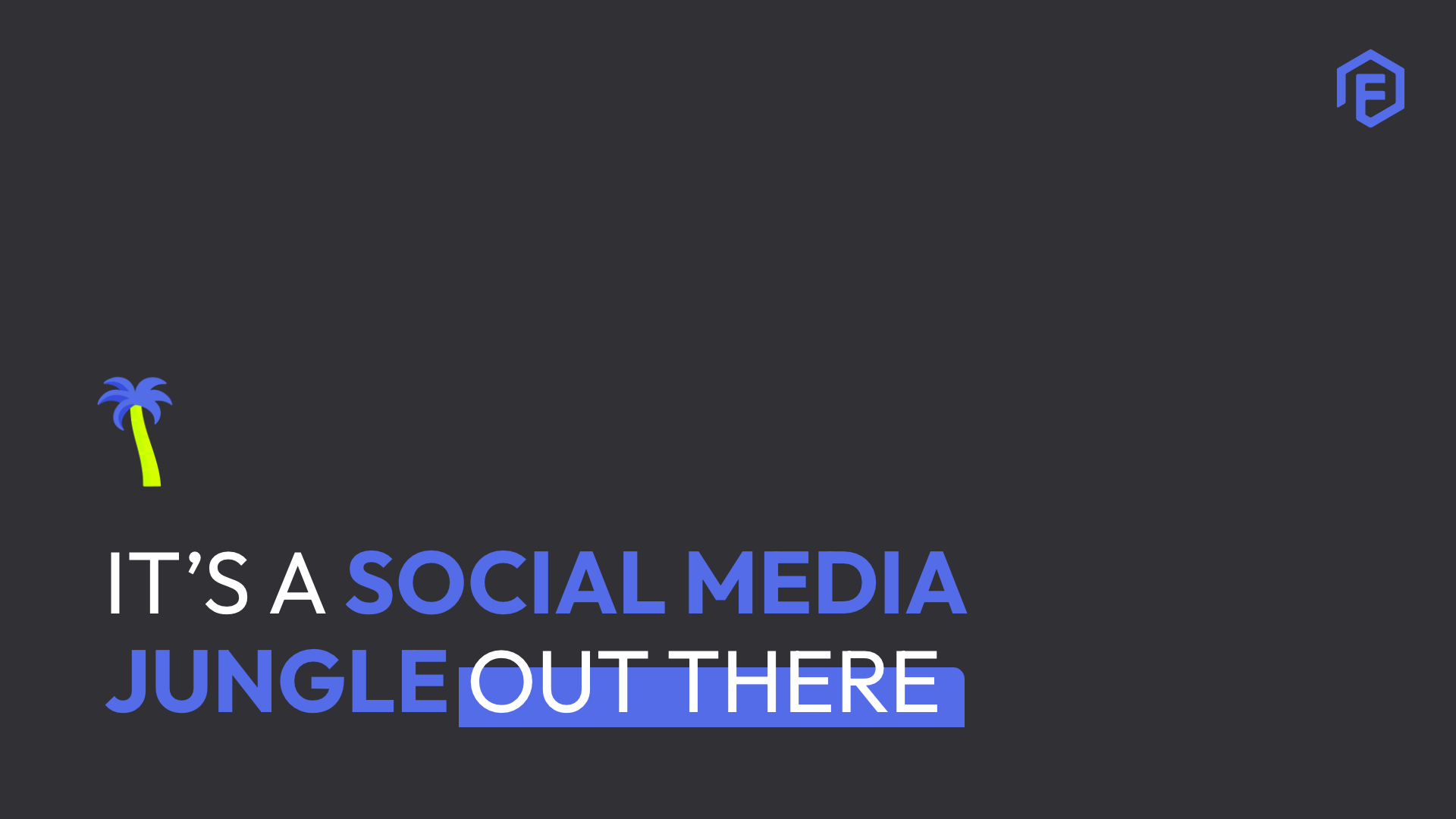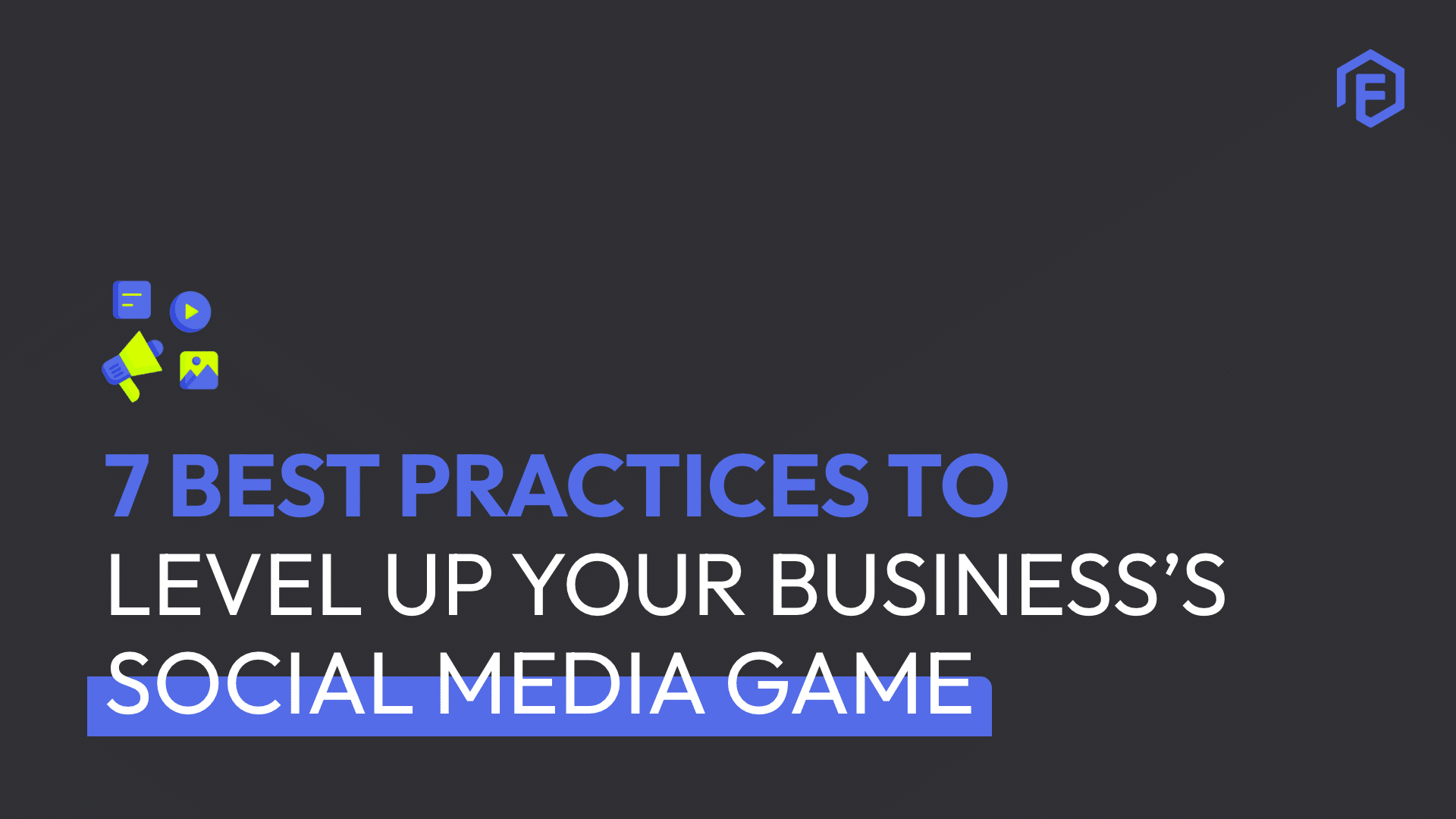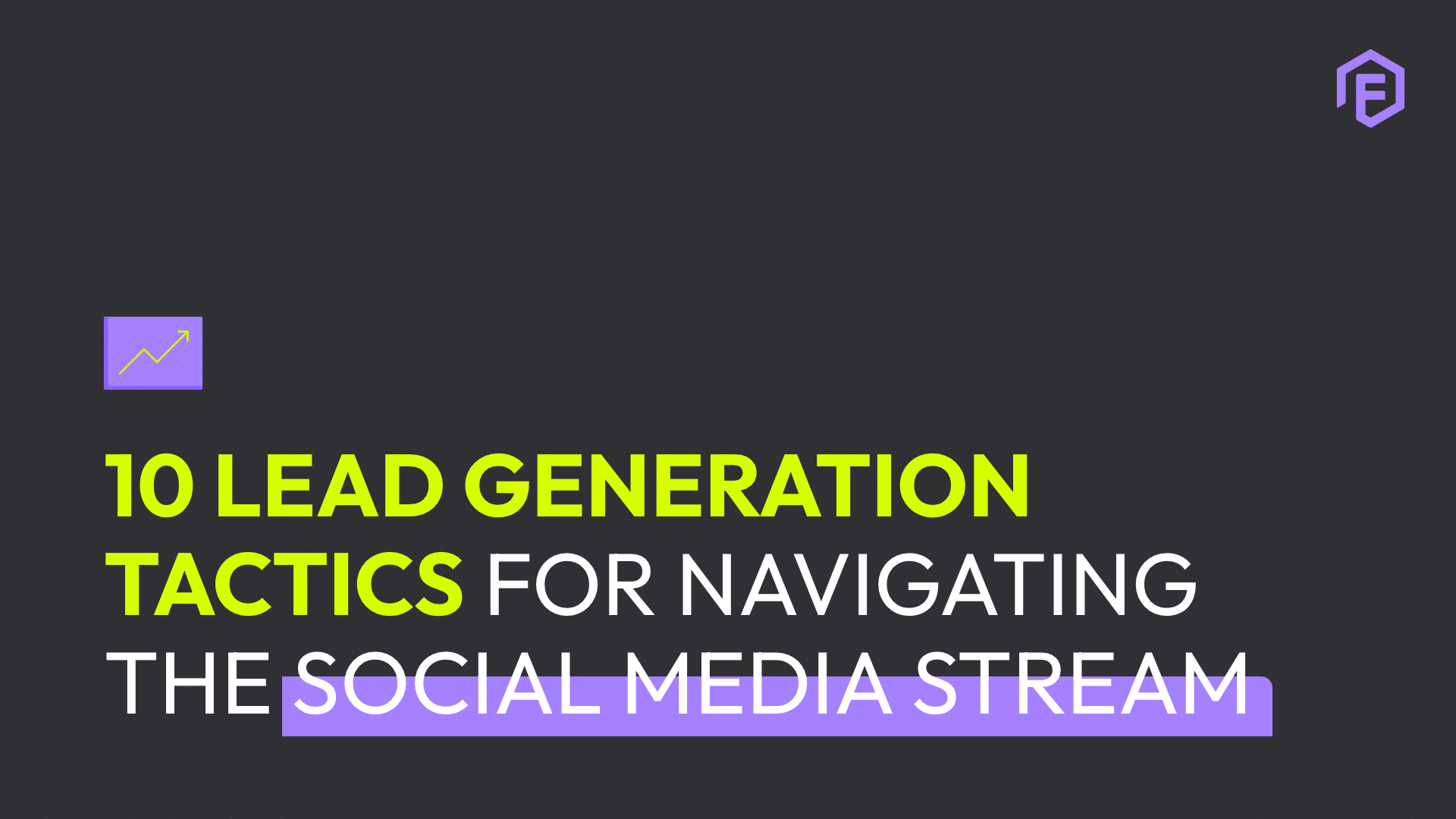The Zeynep Tufekci Ted talk titled “We’re building a dystopia just to make people click on ads” was one of the more interesting TED talks that I have heard in a while and it all began with the intriguing title. I have been obsessed with dystopia novels ever since I wrote a paper on the similarity between Huxley’s Brave New World and how certain brands are conditioning their audience with entertainment overload thus creating trivial culture.
In the paper I describe how they then render the society to slowly be unable to assimilate information and process it in an intellectual way similar to Huxley’s “feelies” which are described as “works of art out of practically nothing but pure sensation” in Brave New World.
The word dystopia in this context conjures images of soma holidays, emotional engineers and a purely consumer driven society that’s sole purpose is to satisfy their superficial needs thus losing their drive to innovate and improve their environment, “making people like their unescapable social destiny” (Brave New World). Where the ruling authority’s talk about progress and science by bettering the technology but not necessarily increasing scientific exploration and experimentation within society.
Neil Postman wrote in his 1985 book, Amusing Ourselves to Death: Public Discourse in the Age of Show Business “What Orwell feared were those who would ban books. What Huxley feared was that there would be no reason to ban a book, for there would be no one who wanted to read one. Orwell feared those who would deprive us of information.
Huxley feared those who would give us so much that we would be reduced to passivity and egoism. Orwell feared that the truth would be concealed from us. Huxley feared the truth would be drowned in a sea of irrelevance.” Daily I believe that we are actively building, will contributing and forming Huxley prediction of this dystopian world.
There is a Zeynep Tufekci discussion about how there is a need to have trepidation on how the current use of artificial intelligence may be used to control and manipulate society in subtle and unexpected ways. This coupled with techniques like “persuasion architectures”, audience profiling through the information that is willingly supplied to companies like Facebook and Google as well as machine learning algorithms that make use of this data and more.
These algorithms are churning out purely mathematical results or predictions, devoid of understanding, consequence or humanity that could slowly build a future where people have lost not only their freedom but lose the ability to understand the construct of true freedom.
Examples for what these machine learning algorithms are currently able to deduce from the data sets that they have access to are mentioned in Joe Peacocks digital article series titled “Precursor To Dystopia” where he refers to examples like in 2014 when Facebook conducted psychological research on certain uses to establish the effects tweaks on their newsfeed had on their current emotions in a research paper titled “Experimental evidence of massive-scale emotional contagion through social networks“ with the result that Facebook was able to influence their user’s mood based on the fact that emotions expressed by their Facebook peers influence their emotions, thus by controlling what emotions they are exposed to, Facebook is able to control their emotions.
Other examples was the case of how Target was able to identify that a high school girl was pregnant based on her purchases offline purchased and then proceeded to serving her pregnancy based products. “Just to make people click on ads”, the second part of the TED talk title resonated to my core as at the moment this is my current primary job function and forms part of my job validation.
My working hours consist of reading, testing and thinking about how to be able to achieve this simple action of getting a target audience to click on ads. Daily, thousands of people are working on this problem; from the people who are just trying to grasp the very basics of digital marketing to those who are working on the highly sophisticated AI algorithms, sifting through not just user behaviour data but classified information like monetary spending habits.
Hourly we plod down this spiraling rabbit hole driven by necessity, inquisitiveness or intrigue of what a relatively harmless industry can uncover and deliver in to the hands of anyone who happens to make use of the targeting criteria on a Facebook page, Google product or across any Yahoo platform.
Do I agree with everything that Zeynep Tufekci discusses in her TED talk? No. Do I believe that everything she talks about is not only possible but also currently happening? Yes.
What fascinates me is that although we all have some understanding of what is happening around us we still plug in, log on and even though more of the population has closed their Facebook accounts they continue to post comments on articles, make use of Gmail or unbeknownst to them IM platforms on their mobile phones that is relaying their data to a database.
We actively engage with the banners, native content or social posts giving in to the persuasion techniques that are in play, daily building towards a potential dystopian future with open eyes. The results both fascinate and terrify us, the logic behind these systems intrigue inquisitive minds and this momentum the technology is progressing faster and faster, sweeping us along with it.
References:https://www.ted.com/talks/zeynep_tufekci_we_re_building_a_dystopia_just_to_make_people_click_on_ads Brave New World. Novel by Aldous Huxley, 1932 Amusing Ourselves to Death: Public Discourse in the Age of Show Business. Book by Neil Postman, 1985. https://www.forbes.com/sites/gregorymcneal/2014/06/28/facebook-manipulated-user-news-feeds-to-create-emotional-contagion/#112827f639dc https://www.forbes.com/sites/kashmirhill/2012/02/16/how-target-figured-out-a-teen-girl-was-pregnant-before-her-father-did/#7c3ef71a666 https://www.pnas.org/content/111/24/8788.fullhttps://theintercept.com/2018/04/13/facebook-advertising-data-artificial-intelligence-ai/ https://www.huffingtonpost.com/entry/precursor-to-dystopia-1-were-building-a-dystopia_us_59f9037ee4b0b7f0915f62c1



